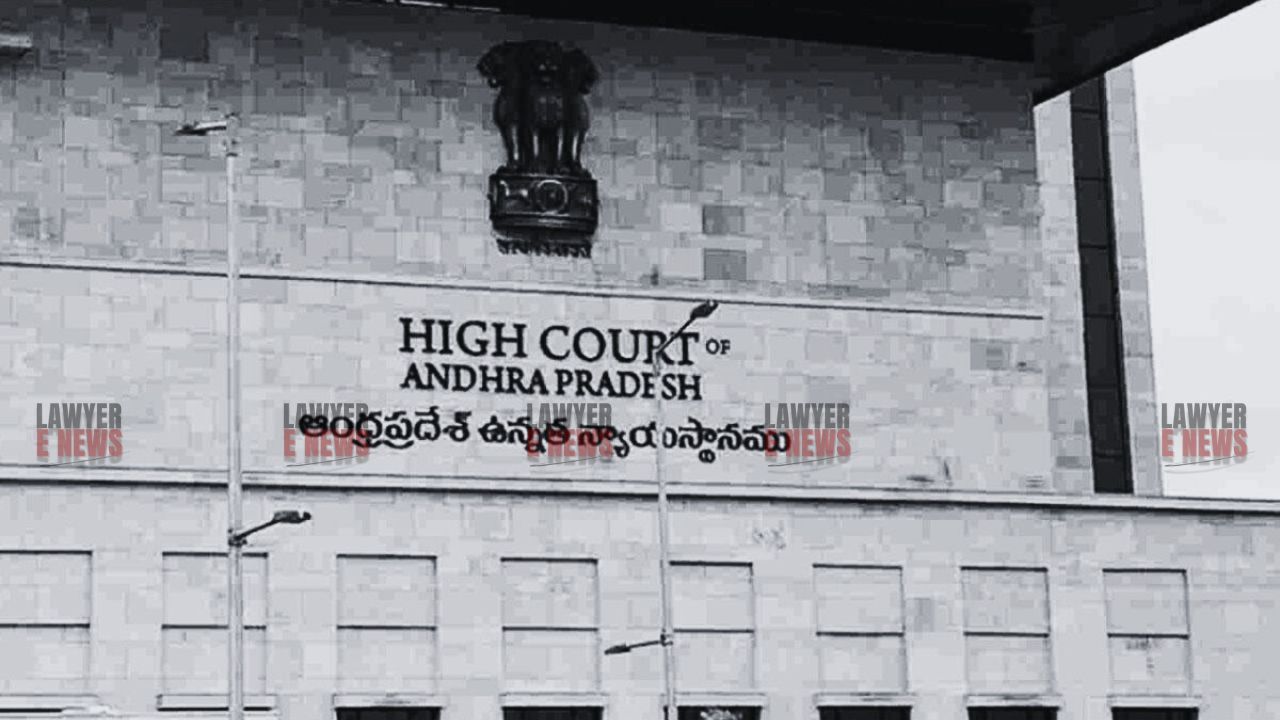-
by Admin
15 February 2026 2:36 AM



“The glaring error in the prosecution version even regarding the apprehension of the petitioner vitiates the entire case.” – Justice V. Srinivas, Andhra Pradesh High Court.
In a significant ruling, the Andhra Pradesh High Court acquitted Vemu Rama Rao, who had been convicted for possessing explosives under Section 5 of the Explosive Substances Act, 1908. The conviction stemmed from a 1999 arrest in which explosives were allegedly seized from Rao’s possession. Rao had been sentenced to three years of imprisonment by the trial court, and this conviction was upheld by an appellate court in 2007. In his criminal revision case, Rao challenged the legality of his arrest and the seizure of evidence, ultimately persuading the High Court to overturn the conviction.
The central question before the Andhra Pradesh High Court was whether the prosecution had correctly followed the legal procedures during Rao's arrest and the alleged seizure of explosive materials. Specifically, the court examined the discrepancies in the arrest date and the legitimacy of the evidence presented by the prosecution.
Justice V. Srinivas noted multiple contradictions in the prosecution’s narrative, most notably the confusion surrounding Rao's arrest. While the prosecution claimed Rao was apprehended on December 2, 1999, with explosives in his possession, Rao's defense argued that he had been illegally detained two days earlier, on November 30, 1999, in Hyderabad.
The court also noted that Rao’s wife had filed a habeas corpus petition on December 1, 1999, asserting her husband's illegal detention. This raised serious questions about the official date of arrest. The court found it implausible that Rao’s wife could have predicted his arrest at a different location the day before it allegedly happened.
The court highlighted the prosecution's failure to secure independent mediators at the time of Rao’s arrest, a critical procedural requirement under Section 100(4) of the Criminal Procedure Code. The prosecution also could not satisfactorily explain why no independent witnesses were present during the arrest, despite it occurring in broad daylight at a busy public junction.
Additionally, the court emphasized that the testimony of key witnesses was inconsistent and lacked corroboration. These procedural shortcomings led the court to question the veracity of the prosecution’s version of events.
The court referred to several Supreme Court rulings that emphasized the High Court’s power to receive additional evidence in criminal revision cases, especially when such evidence could prevent a miscarriage of justice. In line with these precedents, the court accepted documents submitted by Rao’s counsel that cast doubt on the prosecution’s timeline and the legality of the arrest.
This ruling underscores the importance of strict adherence to legal procedures, especially in cases involving serious charges like possession of explosives. The acquittal highlights the role of courts in ensuring that procedural lapses do not lead to wrongful convictions. Legal experts believe this judgment may have broader implications for cases involving alleged political or insurgent activities, particularly in ensuring that arrests and seizures are conducted lawfully.
Date of Decision: September 10, 2024
Vemu Rama Rao @ Kothanna @ Prasad v. State of Andhra Pradesh
